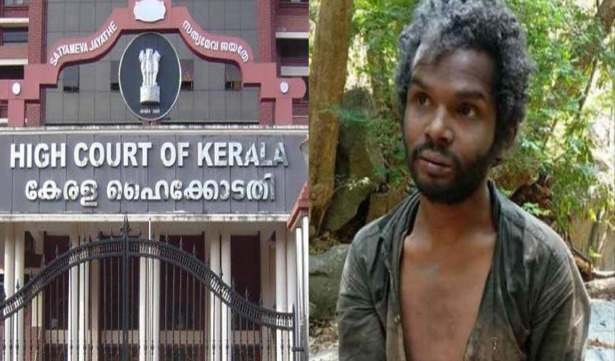
All 13 people who were recently convicted by a Special Court of lynching a tribal man to death in 2018 have now approached the Kerala High Court to overturn their convictions and sentences.
A special court under the Scheduled Castes and Scheduled Tribes (Prevention of Atrocities) Act (SC/ST Act) convicted thirteen men under various provisions of the Indian Penal Code (IPC) of beating the tribal man named Madhu to death. They were all sentenced to seven years in prison.
The special court also convicted one of the accused for a minor offence and sentenced him to two months in jail. Three other accused persons were acquitted.
In addition to the convicts, the State Government has filed an appeal against the special court’s decision, arguing that the 13 convicts should have been found guilty of more of the charges against them and sentenced to the maximum period prescribed by the law.
It has also challenged the special court’s decision in relation to the single convict who was convicted just for the minor offence.
The State has also challenged the acquittals of three of the accused.
“The State is deeply aggrieved by the trial court’s decision in this case of a cruel act against an Aadivasi man in such inhuman and unheard-of manner, which is an exceptional case in our society. As a result, the accused are entitled to the maximum sentence for the offences charged against them. The trial court should have found the accused guilty and punished them for the offences for which they were acquitted. The trial court did not impose adequate punishment for the crimes for which they were found guilty and convicted. The trial court should have imposed sufficient and adequate punishment on the respondents’ accused persons,” the State’s appeal stated.
The prosecution case was that Madhu, a mentally challenged tribal youth, was tied up and severely beaten to death in Palakkad’s Attapady by the appellant-convicts.
The appellants allegedly kidnapped Madhu from a nearby forest and assaulted him after accusing him of stealing rice from a grocery store.
Sixteen people stood trial for committing offences punishable under Sections 143, 147, 294(b), 323, 324, 326, 342, 352, 364, 367, 368, and 302 of the Indian Penal Code (IPC) and Sections 3(1)(d), 3(1)(r), 3(2)(v), and 3(2)(va) of the SC/ST Act.
A Special Court for SC/ST Act convicted the first accused, Hussain, and 12 other accused of multiple offences, including Sections 304 (causing death by negligence) and 326 (voluntarily causing serious harm by dangerous weapons or means).
They were sentenced to various prison terms for each offence, with the longest being 7 years in prison under Sections 304 and 326.
Because the sentences were to run consecutively, they would have had to serve a total of 7 years in jail as well as pay the fines imposed by the trial court.
One of the defendants was found guilty solely under Section 352 of the IPC and sentenced to three months in prison.




